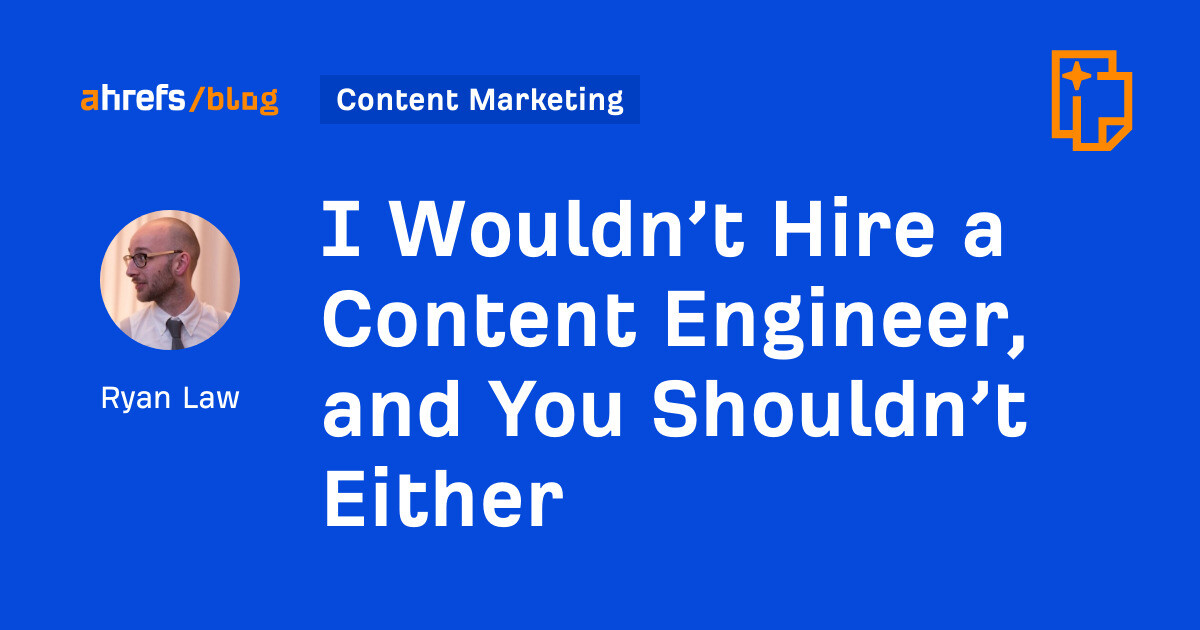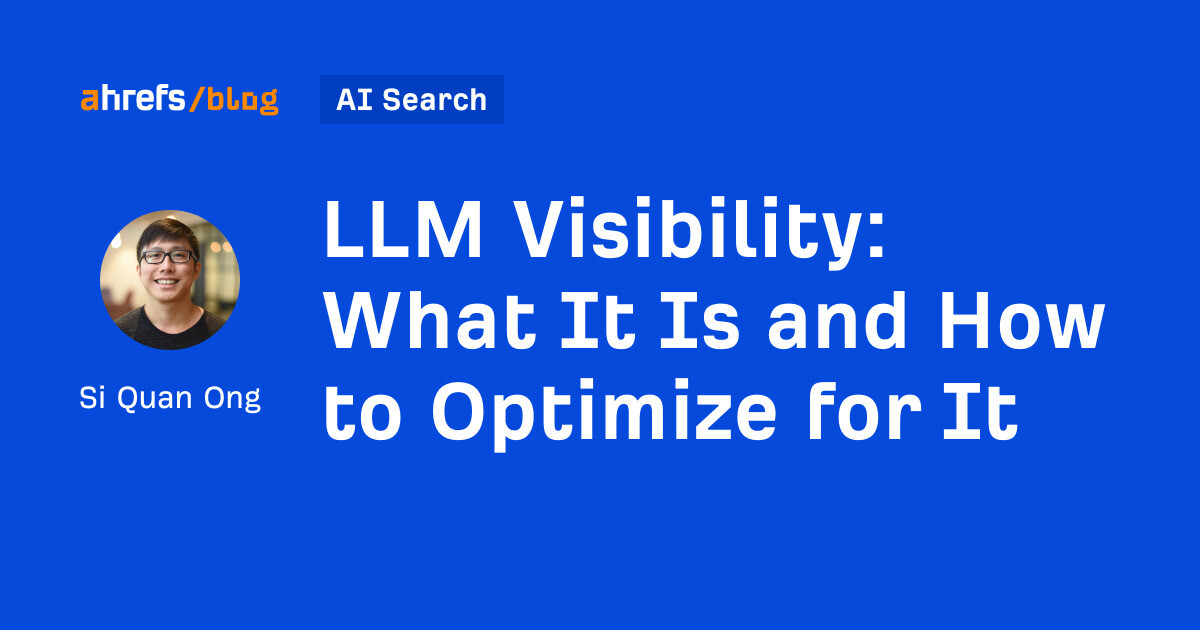Apple’s privacy policies under fire from ad tech industry
IAB leader warns that the iPhone maker and some in Washington want to “cripple” the industry with overzealous data restrictions.

The internet ad industry is ready to confront Apple even more forcefully this year, seeing a growing threat and “hypocrisy” over its privacy policies, according to David Cohen, CEO of IAB, the digital ad industry trade group that includes Google and Meta as members.
“While there are no shortage of extremists attacking our industry from the outside, there are some attacking it from the inside out,” Cohen said on Monday, in his opening remarks at IAB’s annual leadership meeting. “Most notably, Apple exemplifies the cynicism and hypocrisy that underpins the prevailing extremist view.”
Apple did not return a request for comment, but IAB’s rallying cry shows that there is more tension to sort out in the world of digital advertising. Apple has become a thorn in the side of the big tech platforms Meta and Google, since it limited access to data from Apple devices. Apple has been criticized for breaking the digital ad ecosystem with policies such as App Tracking Transparency, which forced all apps to ask consumers for permission to use their identifying data. Without tracking, ad platforms can’t target and measure ads with the same veracity as before. And while Apple squeezed rivals with new restrictions, the company has also been building its own ad business.
Cohen said that Apple is using double standards. For its ads, Apple can gently persuade consumers to accept “personalization” on iPhones, but third parties are forced to use starker language when making the pitch to users—they have to ask for permission to “track.”
“It can’t be that ‘personalization’ in the Apple ecosystem equals ‘tracking’ outside of it,” Cohen said in a phone interview ahead of IAB’s leadership meeting. “That’s not really a fair fight.”
Apple walked away from working with IAB and other stakeholders, Cohen said, referring to talks they held before Apple rolled out anti-tracking policies in 2021. “We were imploring them to not go with this kind of language around tracking,” Cohen said. “The very binary ‘turn on,’ ‘turn off’ [prompts].”
“Apple basically said, ‘Thank you for the feedback,’ and they did what they did, and they have not been back to the industry table again,” Cohen said. “So, we want to call it out for the hypocrisy that it is, and we want to invite them back to the table.”
Apple has consistently defended its strong controls as pro-privacy. Last year, after Meta publicly characterized Apple’s policies as anti-competitive, Apple responded, saying that “we believe that a user’s data belongs to them, and they should get to decide whether to share their data and with whom.”
IAB and its members have more than Apple on their minds, though, as the industry fends off attacks from all angles. In the past year, regulators have gone after what the Federal Trade Commission called “surveillance advertising.” States like California, in lieu of a blanket federal law guiding the industry, are crafting their own policies that govern how companies collect, store and share data. Meanwhile, Congress is working on new data laws, too, but Cohen was concerned that “extremists” are hijacking the conversation.
“These extremists are political opportunists who’ve made it their mission to cripple the advertising industry and eliminate it from the American economy and culture,” Cohen said in is his leadership remarks. Cohen was referring to some high-level officials in the White House and Congress, leaders who are painting the ad industry as beyond harmful. “There are a lot of folks who are blinded by some of the things that they believe around the quote-unquote Big Tech industry, and the ills that advertising brings to society,” Cohen said.
“Advertising is not the enemy,” Cohen said.
IAB is trying to help craft the nationwide legislation that could eventually regulate online data and privacy. At its summit, ad leaders will also discuss the death of the cookie, the tracking technology that facilitated internet ad auctions on web browsers. Instead of cookies, Google is experimenting with Privacy Sandbox. IAB members will also talk about advances in technologies such as data clean rooms, retail media networks and new connected TV ad services. In fact, Netflix is set to send Jeremi Gorman, its new president of worldwide advertising, to the summit.

 BigThink
BigThink 
































